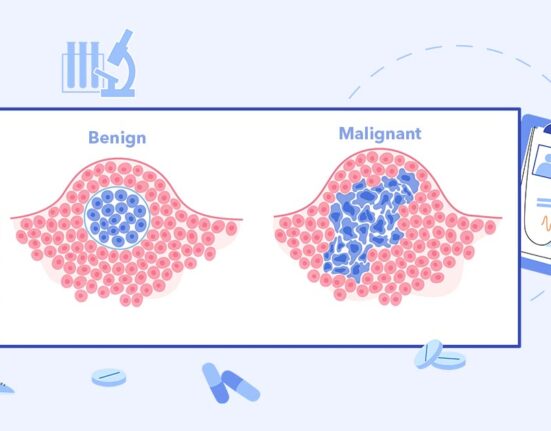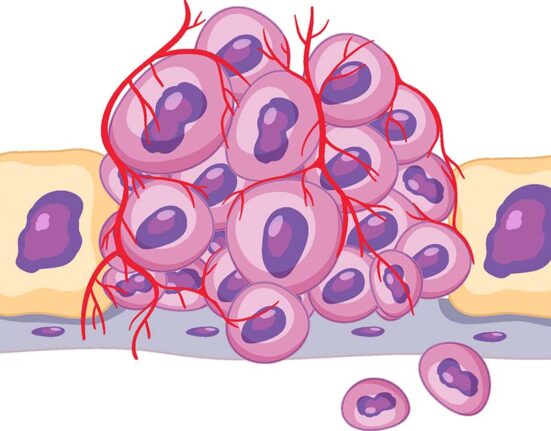Pancreatic Cancer Risk Factors
The exact causes of pancreatic cancer are unclear but there are several risk factors that are associated with it. People with pancreatic cancer risk factors have an increased chance of developing the disease. These include:
- Tobacco use. Smoking is one of the most significant risk factors for pancreatic cancer. The risk of developing the cancer is around twice as high among people who smoke compared to those who have never smoked.
- Heavy alcohol consumption. Heavy alcohol consumption can lead to conditions such as chronic pancreatitis, which is known to increase pancreatic cancer risk.
- Chronic and hereditary pancreatitis. Chronic pancreatitis is the long-term inflammation of the pancreas and is linked with an increased risk of pancreatic cancer. Chronic pancreatitis often results from heavy alcohol use and smoking. Pancreatitis can also be hereditary.
- Weight. Being very overweight or obese, particularly in early adulthood, may increase your risk of getting the disease.
- Diet. Eating a diet high in red and processed meats, fried foods, sugar, or cholesterol may increase your risk of getting the disease.
- Sex. Men are slightly more prone to develop pancreatic cancer than women.
- Family history. Pancreatic cancer appears to run in some families. In some of these families, the high risk is due to an inherited syndrome.
- Infections. Some research indicates that infection of the stomach with the ulcer-causing bacteria Helicobacter pylori (H. pylori) or infection with Hepatitis B may increase the risk of getting pancreatic cancer. More studies are needed.
- Workplace exposure. Exposure to certain chemicals, particularly those used in metalworking, and pesticides may be a factor in pancreatic cancer cases.
- Age. The risk of developing pancreatic cancer increases as people age. Almost all pancreatic cancer patients are older than 45.
- Diabetes. There is an increased risk of developing the disease if you have Type 1 or Type 2 diabetes.
Pancreatic Cancer Symptoms
Pancreatic cancer usually does not present symptoms until it reaches advanced stages. As a result, there typically are not any early clear warning signs. The symptoms are more often diagnosed only in advanced stages after cancer has grown or progressed, making prognosis poor. However, even at advanced stages of pancreatic cancer, some of the symptoms can still be subtle.
The following are the symptoms of pancreatic cancer that may be observed as the disease progresses:
- Abdominal pain that shoots to the back
- Loss of appetite or unintended weight loss
- Jaundice – yellowing of the skin and whites of the eyes
- Light-colored or greasy stools
- Dark-colored urine
- Itchy skin
- A new diagnosis of diabetes or existing diabetes that becomes difficult to control
- Blood clots (often in the leg, which can cause redness, pain, and swelling)
- Fatigue
- Nausea & vomiting
You should consult your doctor if you are experiencing the above symptoms. The doctor may order imaging tests such as CT scan of the pancreas to confirm a suspicion of cancer.
Further Reading: Pancreatic Cancer Diagnosis And Treatment in Singapore
Protect against cancer, cardiovascular disease, and other chronic diseases with regular health screening. Compare and shop for health screenings from Singapore and regional healthcare providers at a single convenient platform - shop.health365.sg
This article is informative only and is not intended to be a substitute for professional medical advice, diagnosis, or treatment, and should never be relied upon for specific medical advice.























































